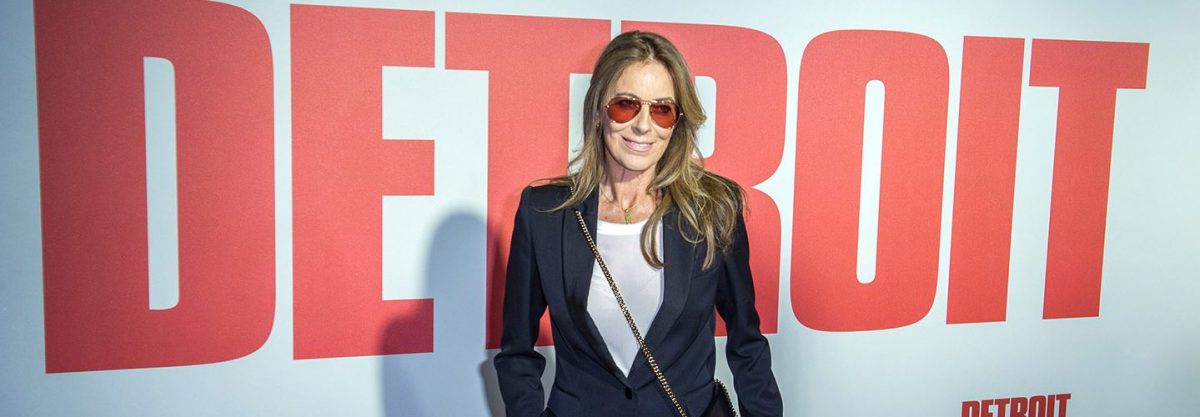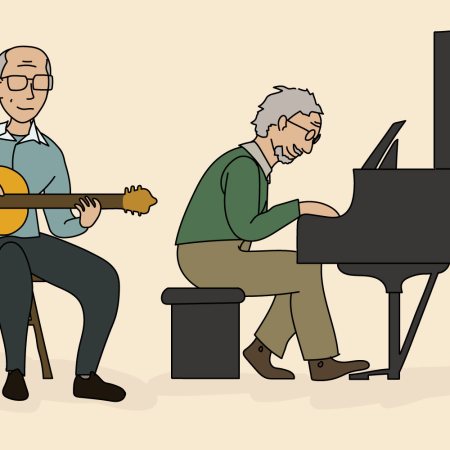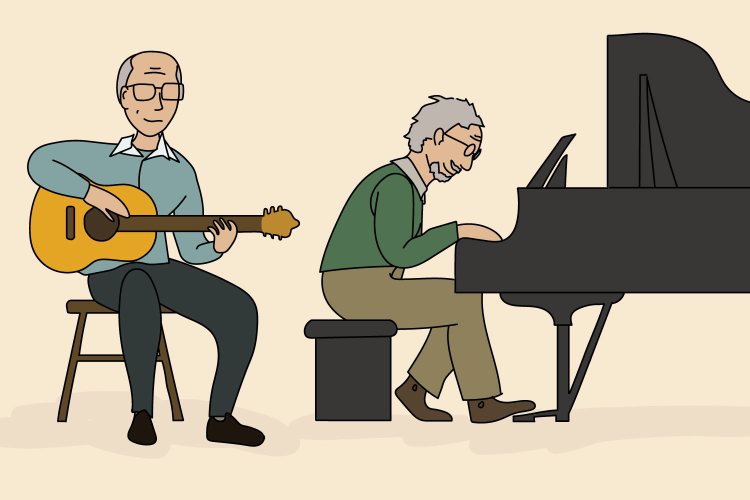Kathryn Bigelow’s new movie Detroit looks into one of the most painful chapters of American history: the Detroit riots of 1967, a response to decades of racial oppression and economic marginalization.
Bigelow, an Oscar winner, is a white woman raised outside San Francisco by middle-class parents. She attended Columbia University. This leaves people wondering: who is she to tell this story? Does she even understand it?
“I thought, ‘Am I the perfect person to tell this story? No,’” Bigelow said to Variety. “However, I’m able to tell this story, and it’s been 50 years since it’s been told.”
So, she decided to use her title as most famous female filmmaker in the world and convinced an indie production company, Annapurna, to back the risky venture.
The film focuses on the killings of three black men that took place at that time in a run-down motel, known as the Algiers Motel incident. The murders have modern-day echoes to Michael Brown, Freddie Gray and other recent racially-charged incidents of police brutality.
Detroit police and National Guardsmen respond to reports of a sniper in the area on July 25, 1967. They interrogate guests at the Algiers Motel, “brutalizing them, threatening them with death and trampling over their civil liberties” and by the end of it, three of the men are dead. Nine others, seven black men and two white women, are severely beaten. The white officers accused of murdering them go on to successfully plead self-defense.
Bigelow knew of the Detroit riots but she learned of the Algiers Motel killings when Mark Boal pitched her on the idea of making a film. She learned of the script right after a grand jury declined to prosecute Darren Wilson, the officer who shot 18-year-old Mike Brown. This ruling convinced Bigelow to do the script.
Algee Smith, who plays the role of Larry Reed in Detroit, says he was impressed with Bigelow’s commitment to “shining a light on police brutality.”
She could still face backlash from the press and on social media by those who question the decision to have a white woman make this film. Variety writes that the film is being released in a very different political climate than the one it was conceived in. Former President Barack Obama and current President Donald Trump approach “black lives matter” and police brutality differently
Bigelow’s film Zero Dark Thirty was slammed by critics for being pro-torture and at the same time, Republicans in the White House and the Senate claimed the Obama administration improperly gave Bigelow and Boal classified information.
But instead of shying away, Bigelow created Detroit. The film was shot in chronological order with a $30 million budget and it is being released in the summer as a counterprogramming movie to the superhero and escapist films.
Bigelow is the only female filmmaker ever to win a best director Oscar and one of only four women even to get a nomination.
This article was featured in the InsideHook newsletter. Sign up now.























